Dear MoFA members and people interested in molluscs!
We invite you to submit manuscripts for the new volume 10/2023 of our association´s journal Arianta and we are pleased to announce the following innovation for submissions: From now on, Arianta publications will be published online on our homepage as an “early view” version immediately after completion. The final publication, including page numbers, will then take place with the completion of the respective next issue (available online and as a print version).
If you have interesting observations, studies, reports on molluscs that you would like to publish with us, please send your manuscript (as a Word text file) including figures and tables to helmut.sattmann@nhm-wien.ac.at. Please follow the guidelines for authors when submitting your manuscript.
Arianta appears annually and publishes scientific papers on extant and fossil molluscs. Regional faunistic contributions are also explicitly welcome. Arianta is published digitally and is available at the MoFA website. Authors receive PDFs of their articles for free use. Manuscripts are subjected to an editorial check for suitability for our journal and to an external review by two referees.
Submissions for Arianta 10 until 20. October 2022 at the latest.

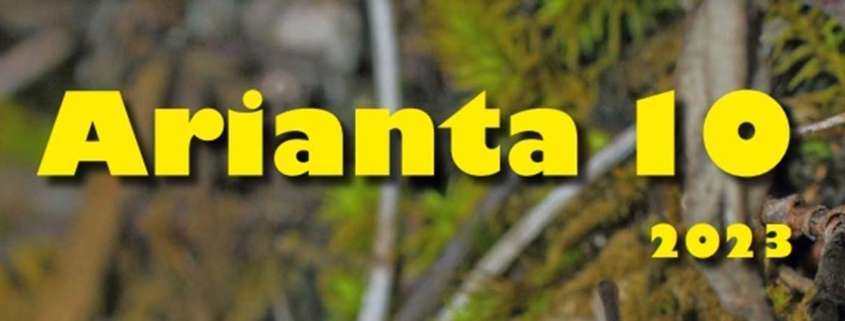 MoFA
MoFA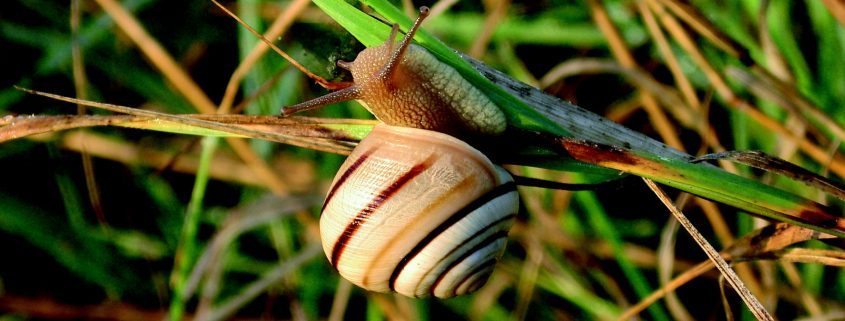 Alexander Mrkvicka
Alexander Mrkvicka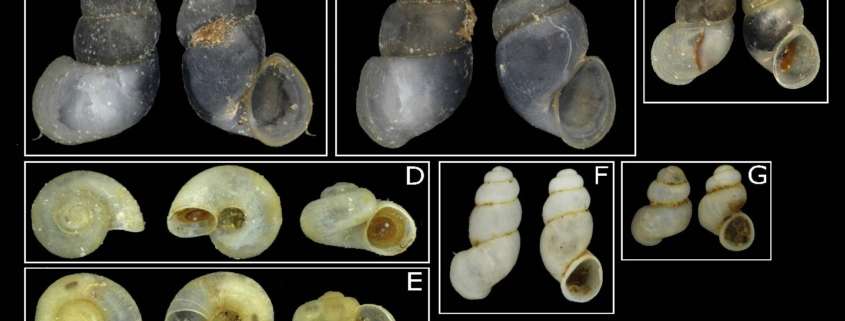 NHM Wien
NHM Wien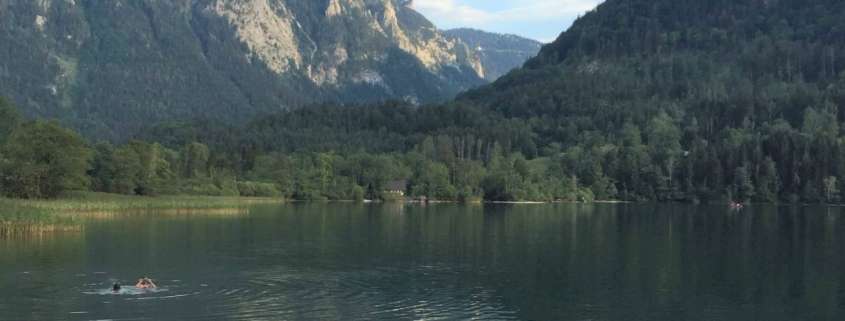 NHM Wien
NHM Wien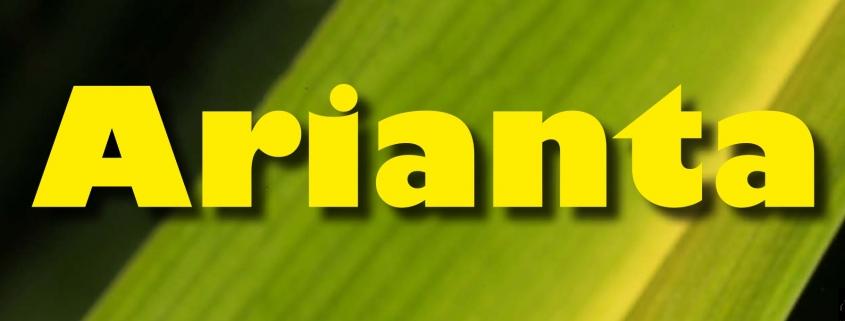
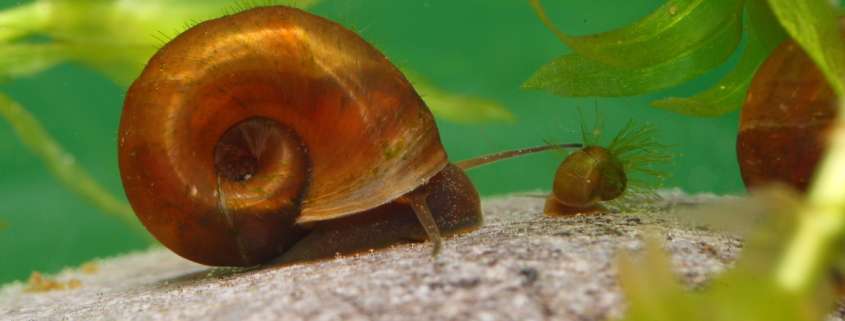 © A. Mrkvicka
© A. Mrkvicka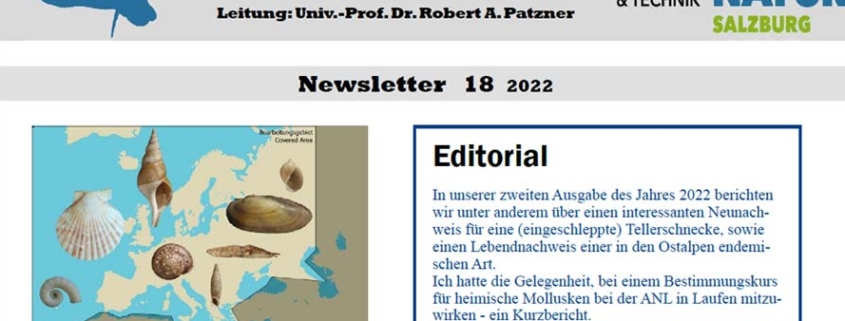 Malakologische Arbeitsgemeinschaft, Haus der Natur, Salzburg
Malakologische Arbeitsgemeinschaft, Haus der Natur, Salzburg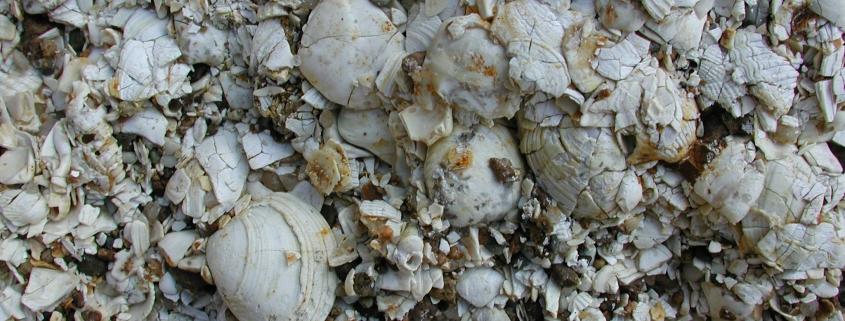 Harzhauser_Piller
Harzhauser_Piller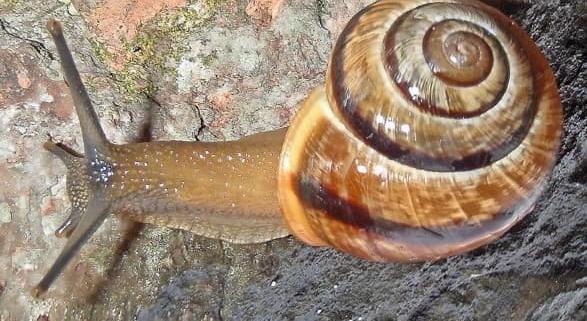 MoFA
MoFA